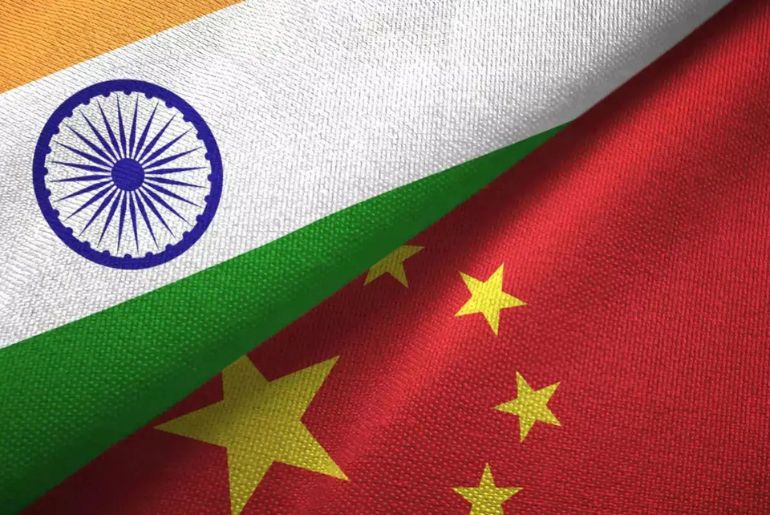In a significant development escalating trade tensions between the world’s two largest emerging economies, China has lodged a formal complaint with the World Trade Organization (WTO) against India, challenging the country’s subsidies for electric vehicles (EVs) and batteries. The complaint alleges that India’s financial incentives provide domestic industries with an unfair competitive advantage, potentially harming Chinese businesses in the EV sector.
China Urges India to Rectify “Wrongdoings”
According to China’s Ministry of Commerce, the subsidies offered by India to its EV and battery manufacturers create a distorted trade environment, disadvantaging foreign competitors, particularly Chinese companies, which are global leaders in EV battery production. China has requested that India review and rectify these policies to ensure fair competition and compliance with WTO rules.
The ministry also warned that it may adopt “firm measures” to safeguard the legitimate rights and interests of its domestic industries if corrective action is not taken by India.
Context: Rising Trade Tensions in the EV Sector
India has been aggressively promoting EV adoption and domestic manufacturing through subsidy schemes, tax incentives, and local production support, aiming to position itself as a regional hub for clean mobility. However, China, which dominates the global EV battery market, views these policies as a potential threat to its competitive position and has resorted to formal WTO channels to address the issue.
Trade analysts suggest that this move underscores the growing friction in clean energy trade between India and China, particularly in sectors crucial to the global transition to sustainable mobility.
Potential Impact on India’s EV Market
While India continues to push for a self-reliant EV ecosystem, the WTO complaint could lead to formal dispute resolution proceedings, which may require policy adjustments. Industry experts, however, believe that the Indian government remains committed to boosting domestic EV production and adoption despite international pressure, citing the strategic importance of clean mobility for economic growth and environmental sustainability.
Looking Ahead
The development highlights the complex dynamics of global EV trade, where national incentives and local manufacturing strategies often intersect with international trade laws. Both India and China are expected to engage in dialogue and negotiations under WTO frameworks to address the dispute, while the global EV sector closely monitors the outcome for potential precedents in trade policy enforcement.

